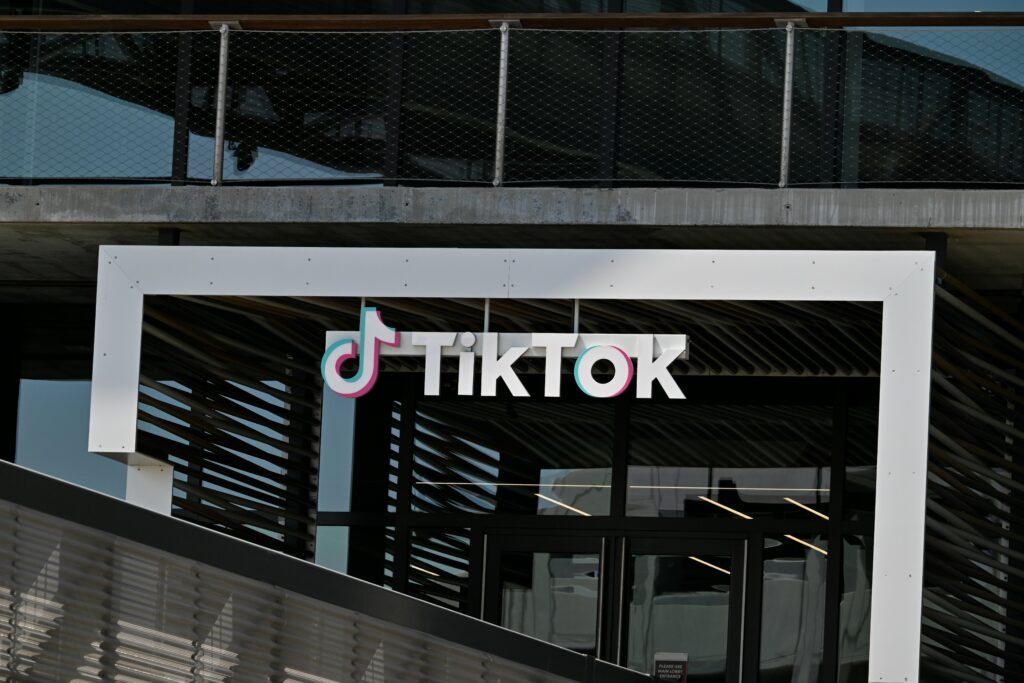AFP Asia Business
White House promises US-controlled TikTok algorithm
The White House on Monday said a US version of TikTok would feature a homegrown model of the app’s prized algorithm, potentially clearing one of the main obstacles to keeping the Chinese-owned platform online in the United States.Often described as TikTok’s “secret sauce,” the fate of the video-sharing app’s algorithm was one of the main …
White House promises US-controlled TikTok algorithm Read More »

